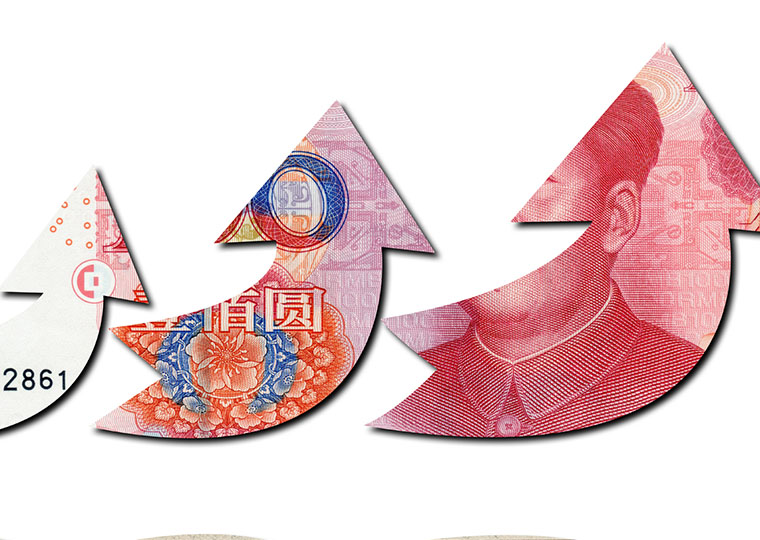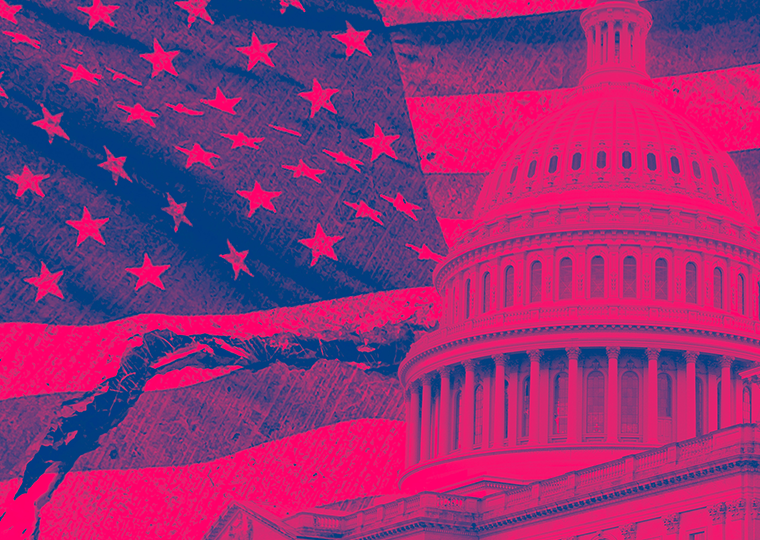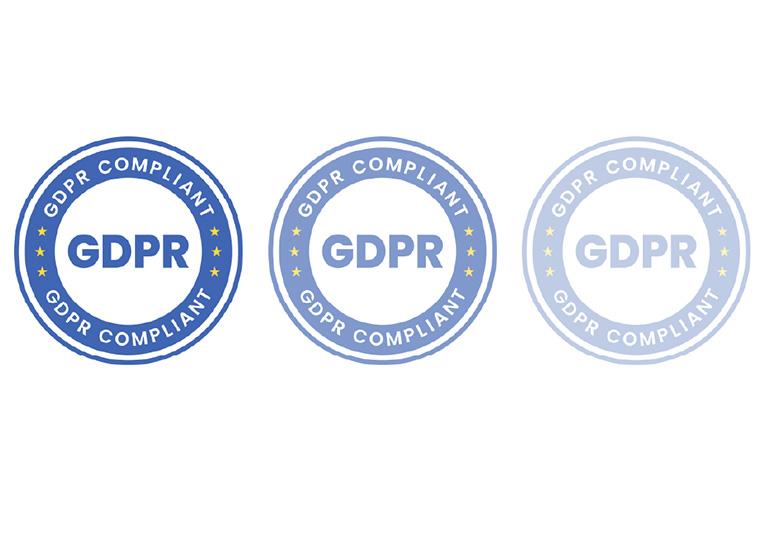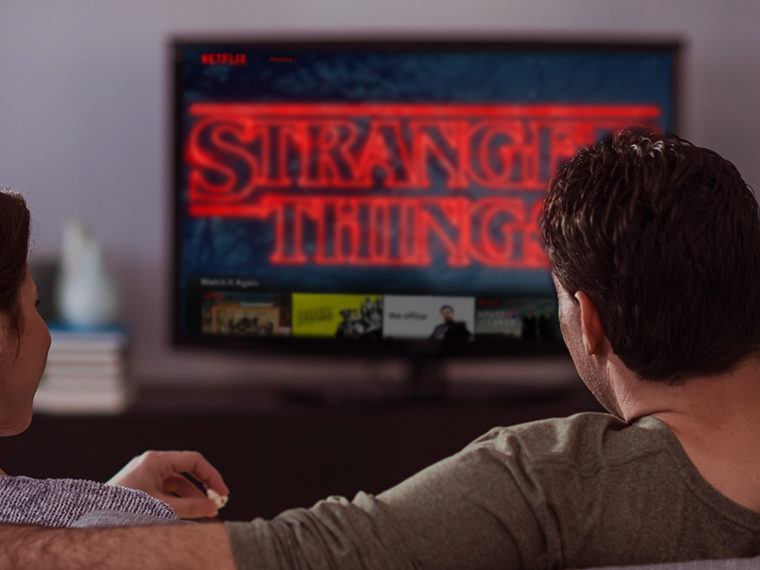Recognition by peers leads to longer, more thoughtful online reviews and discussion threads
Without posts from real people — user–generated content is the industry term — the likes of Facebook, YouTube, TikTok, Instagram, Pinterest and Snapchat would be, well, nothing. With such content, they are collectively valued at something approaching $1 trillion and are, for many, richly satisfying platforms of entertainment, connectedness and news.
It stands to reason, then, that social media companies want to know exactly what it is that drives people not just to generate content but to generate the type of content that best serves their platforms. Which awards elicit timely comment? What rewards result in reviews that are well-considered and polite? Is it badges? Buzzes? Money? Thumbs-up? Does it matter whether the awards are bestowed by platforms or peers?
Opt In to the Review Monthly Email Update.
A working paper by UCLA Anderson’s Mahsa Paridar, a Ph.D. student, and Elisabeth Honka and University of Pittsburgh’s Mina Ameri tackles these questions by comparing the effectiveness of four types of rewards and their influence on the quantity, quality and timeliness of user-generated content. What they found: Peer rewards trump platform awards when it comes to boosting the volume and quality of user-generated content on the platform. However, platform awards get users to generate content more speedily.
Looking at the Impact of Reward Systems
Prior research has looked at rewards and other factors that spur user-generated content and what platforms can do to encourage more of it. Researchers have studied the impact of nonmonetary awards like labels and badges on the quantity of content produced by users. Prior studies have looked at ways in which users can spur content creation by rewarding each other. Much of the prior research along these lines has focused on the effects of single — not multiple — reward types.
The paper by Paridar, Honka and Ameri analyzes data gathered from BoardGameGeek.com, a game-focused community site with 2.7 million users that was established in 2000. All content on the site is generated by users who review old and new board games and discuss them in conversation threads.
BoardGameGeek.com users can reward each other’s reviews and comments with nonmonetary “likes” and with tips comprised of virtual currency that can be used to buy new board games and items for users’ profile pages. The platform also can reward users with nonmonetary badges and virtual currency for reviews, discussion threads and writing a lot.
The researchers examined the rewards received by 16,801 users over a period of 10 years. The researchers used a statistical method to establish a causal effect of the rewards. They examined the content generated by each user in the three days after they received a tip, like or badge. The study focuses on user-generated content in text form.
The setup of BoardGameGeek.com allows the researchers to compare the relative effectiveness of four common types of rewards — monetary versus nonmonetary and peer versus platform — when all four are used simultaneously. The study also looks at the impact of each reward type on the volume, timeliness and quality of user-generated content.
Peers Over Platform
The findings suggest that peer rewards of any kind — monetary tips or nonmonetary “likes” — lead to an immediate increase in the amount of content that users produce, while rewards granted by the platform lead to an immediate decrease.
Peer rewards lead to content that is longer, more polite, more complex and more informative than content created in the wake of rewards granted by the platform, according to the study. The findings also suggest that “likes” granted by peers — even though they can’t be monetized — are at least as effective as tips in boosting the volume of user-created content. “Receiving peer rewards is critical for encouraging users to produce more content of any type,” the authors write. “Platforms should foster a culture in which users frequently reward each other.”
However, peer acknowledgment also appears to slow the subsequent creation of new user content, while platform awards appear to speed it up, according to the study. While platform rewards aren’t a good tool for increasing the volume of user-generated content, the authors write, they play an important role in eliciting prompt reviews and timely interactions that are crucial to attracting new users and keeping current users engaged.
The authors also looked at how rewards affect different types of users. Rewards aren’t particularly effective motivators for the platform’s top contributors, probably, the researchers speculate, because top content creators are intrinsically motivated. Nevertheless, “likes” are important to keep top contributors engaged in conversations, and compensation is important to get them to write timely reviews and threads, according to the research.
Users who generally react to content generated by others are mostly motivated by peer rewards, the authors write. When comparing the effects of different types of rewards, the study suggests that nonmonetary rewards are more effective in motivating original content creators than monetary rewards.
Featured Faculty
-
Mahsa Paridar
Marketing, Ph.D. candidate
-
Elisabeth Honka
Associate Professor of Marketing
About the Research
Paridar, M., Ameri, M., & Honka, E. (2023). More, Faster, and Better? Effects of Rewards on Incentivizing the Creation of User-Generated Content.






